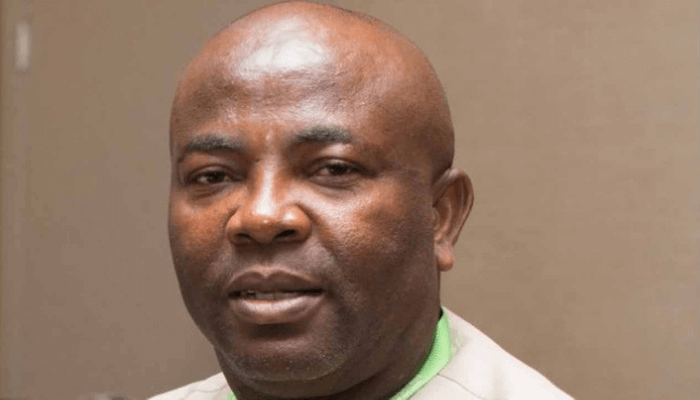The Fiscal Responsibility Commission (FRC) has called for the adoption of the Fiscal Responsibility Act of 2017 by all 36 states in Nigeria.
Victor Muruako, the Executive Chairman of the FRC, made this appeal on Monday at the Financial Accountability Retreat for Sub-Nationals and Civil Society Organisations (CSOs) in Port Harcourt, Rivers State.
The retreat, themed “Strengthening Financial Accountability at Sub-National Levels,” aimed to raise awareness among CSOs and state governments about the importance of supporting federal efforts to enhance financial accountability across the nation.
Muruako emphasized that macroeconomic management should not be the sole responsibility of the federal government. He urged sub-national governments to take an active role in promoting transparency, accountability, and credibility in governance.
He highlighted the crucial role of sub-national governments in adopting best practices in fiscal responsibility, particularly regarding the revenue allocation formula.
He said, “We encourage state governments that have not domesticated the Fiscal Responsibility Act to take steps to do so,”
“For every one hundred naira that enters the federation account, the formula allocates only about half to the federal government, with the remaining half going to sub-national governments.”
“This underscores the critical role of sub-national governments in ensuring the success of Nigeria’s macro-economic management.”
“While we acknowledge the progress made by sub-national governments in recent years, there is still room for improvement.”
“The publication of budgets, budget implementation reports and audited financial statements are significant steps towards ensuring transparency, however, we can, and must do more,”
Muruako emphasised the significance of Civil Society Organizations (CSOs) in promoting fiscal responsibility, emphasizing their crucial role in enhancing financial accountability by raising critical questions and advocating for transparency.
He urged CSOs to engage in advocacy for transparency and accountability while maintaining professionalism and prudence.
He referenced Section 51 of the Fiscal Responsibility Act, noting that it grants every citizen the legal right to enforce the Act’s provisions through the courts. Muruako encouraged citizens to use this power to hold governments accountable but advised that it be done responsibly and with supporting evidence.
He also called on state governments to see CSOs as partners in progress and to collaborate with them for the greater development of the nation.
Justice Kemakolam Ojiako, a High Court Judge, recommended that state governments provide sufficient funding to Civil Society Organizations (CSOs) engaged in fiscal governance during his presentation on “Strengthening Oversight: The Role of Civil Society Organisations in Promoting Fiscal Responsibility at the Sub-National Level.”
He advocated for a legal framework to enhance and safeguard the independence and activities of CSOs. Additionally, Ojiako urged greater collaboration between CSOs, government agencies, and other stakeholders to ensure timely and adequate public access to financial information and data.







